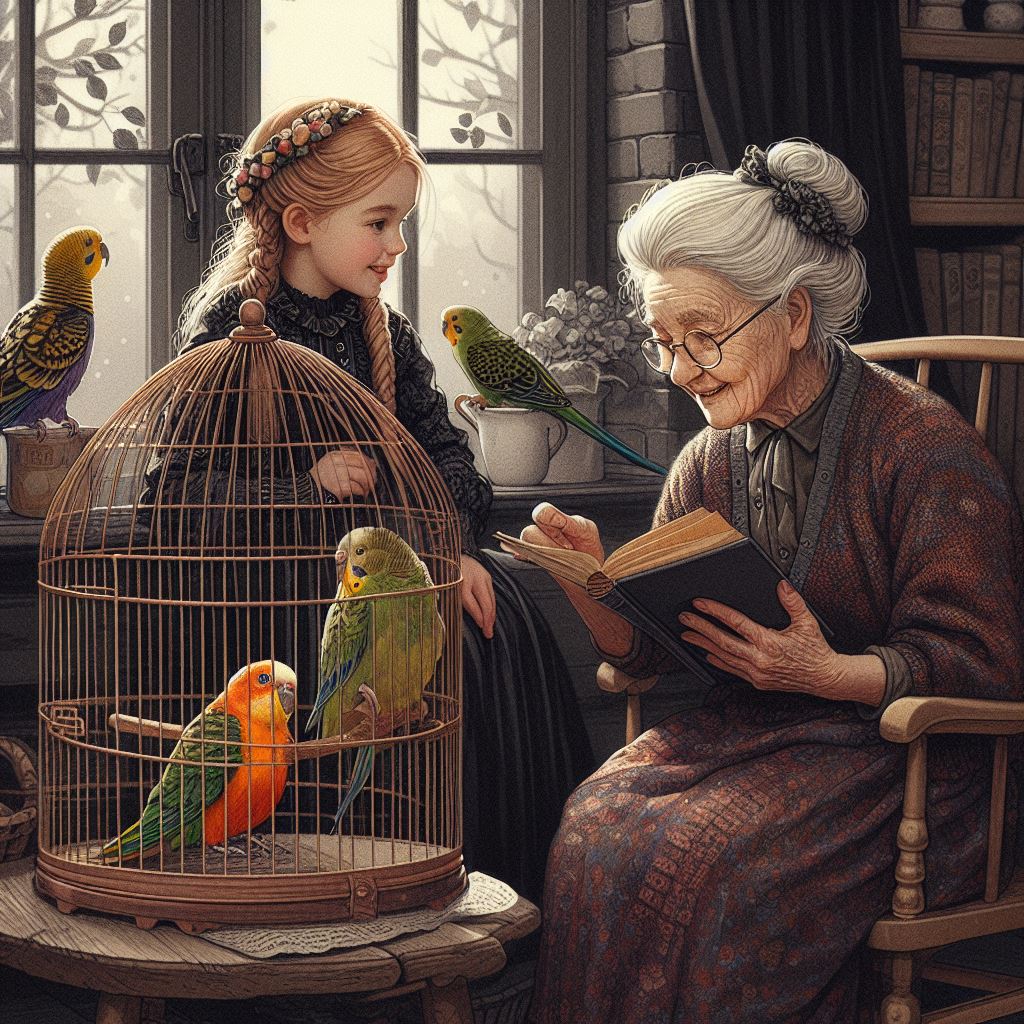
Literature is an art form that transcends mere words on a page. It paints vivid pictures in our minds, evokes emotions, and transports us to different worlds. A crucial component in crafting this immersive experience is tone in literature, the underlying emotional atmosphere an author creates through their writing style and word choice. Just as a conductor uses different instruments and tempos to evoke emotions in music, authors utilize specific words to shift the story’s mood and influence how readers perceive the narrative.
This article explores 10 powerful words that authors wield like master conductors, each capable of dramatically altering the emotional landscape of a story.
Table of Contents
ToggleDefinition:
Tone is like the hidden voice of a story. It’s the feeling an author creates through their words, beyond the literal meaning. Imagine someone telling a joke, but their voice sounds serious. The tone doesn’t match the words, making the joke fall flat. That’s how tone works in literature.
What are its characteristics?
Words, sentence structure, and even punctuation can all contribute to tone. Describing words like “gloomy” or “exhilarated” set a different mood than neutral ones. Short sentences sound urgent, while long sentences can feel more descriptive.
Meaning and Significance:
Tone helps authors convey different meanings and emotions. It can be serious, funny, sad, angry, or anything in between. This hidden voice can tell us a lot about the characters, the story’s setting, and even the author’s own feelings towards the events.
Why is it important?
Tone helps us connect with the story and characters on a deeper level. It makes the story feel alive and engaging, just like hearing different voices in real life.
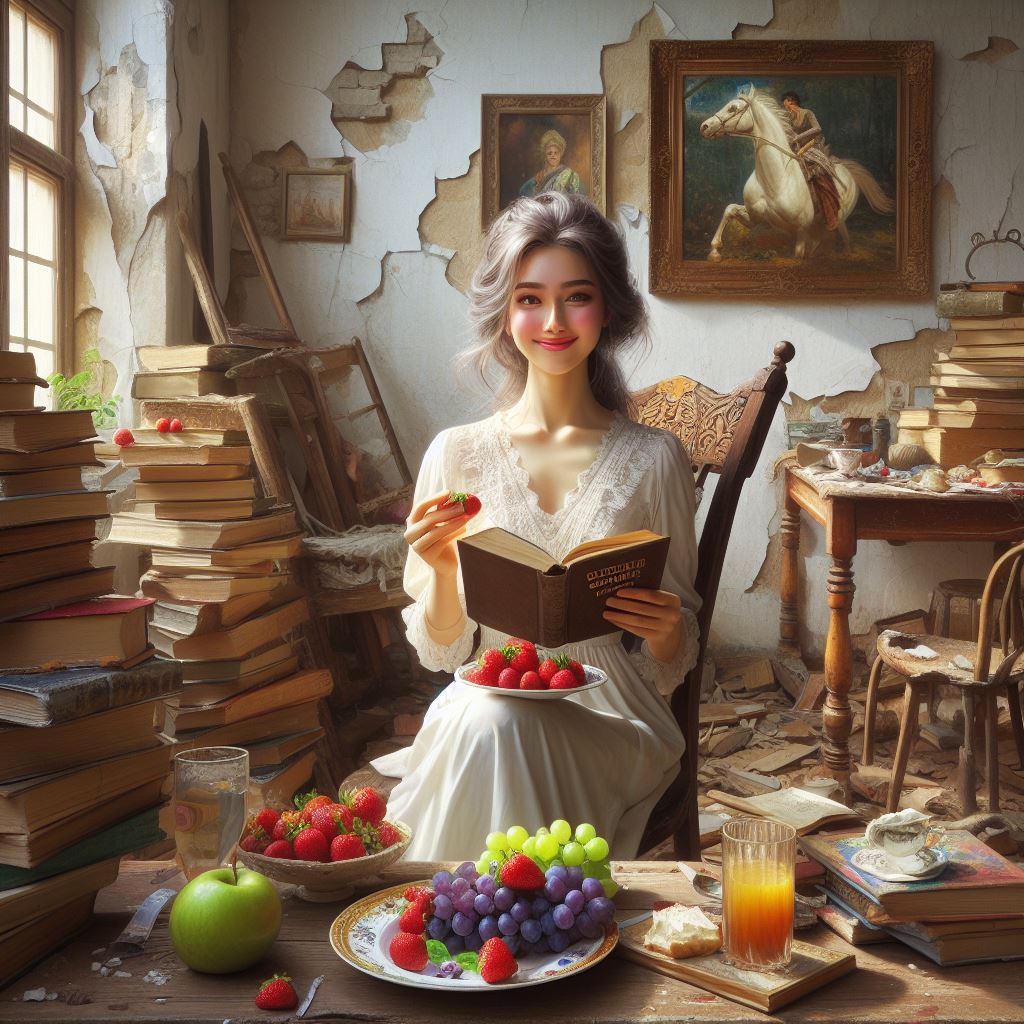
Critics’ Opinions:
Literary critics have long recognized the importance of tone in understanding a story. Here are some notable examples and their perspectives:
Wayne C. Booth (The Rhetoric of Fiction):
Emphasized the role of tone in establishing an author’s implied voice and its relationship with the narrator and characters.
M.H. Abrams (A Glossary of Literary Terms):
Focused on tone as a way to convey the author’s attitude towards their subject matter and the reader.
Terry Eagleton (Literary Theory: An Introduction):
Viewed tone as a complex interplay between the author’s voice, the narrative perspective, and the reader’s interpretation.
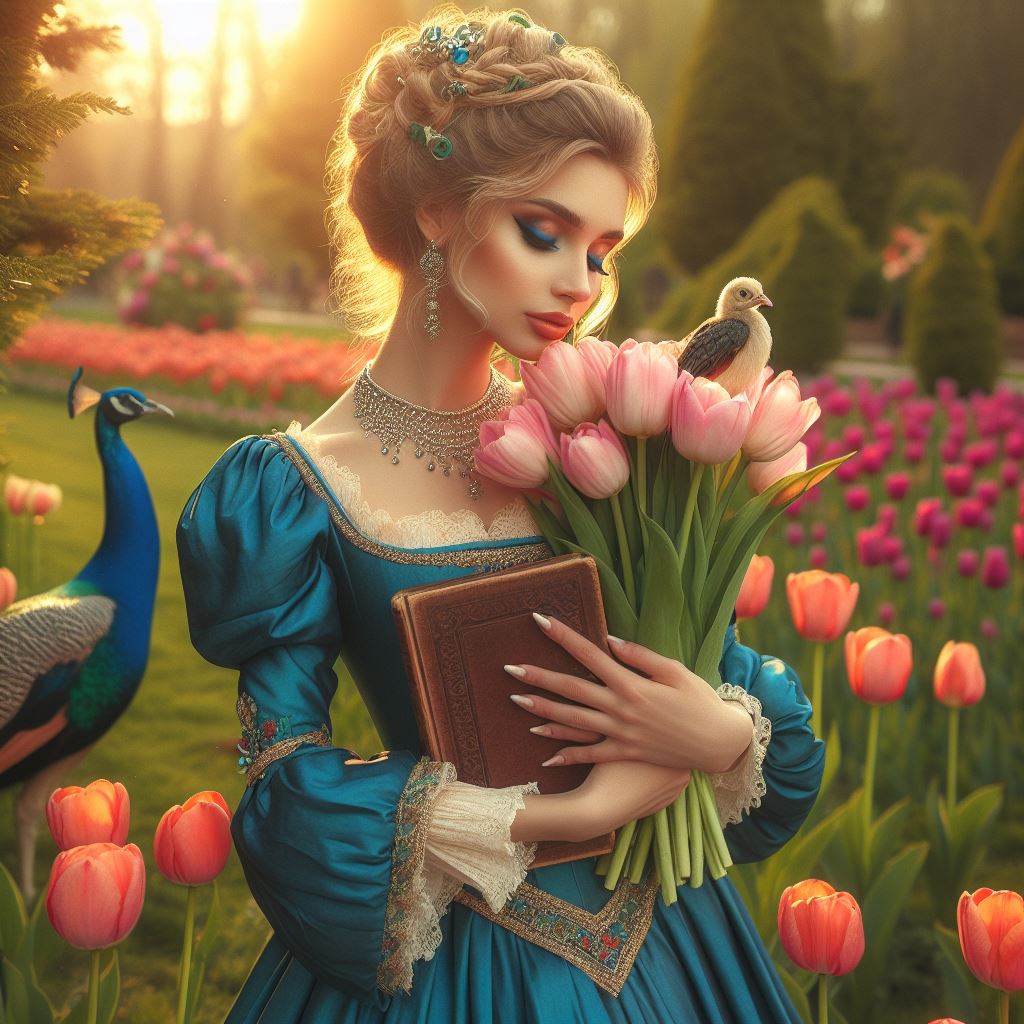
Importance Tone in Literature:
Tone is like the music behind the words, adding another layer of meaning to the story. It helps us understand the characters’ motivations, the setting’s atmosphere, and even the author’s message.
Impact on reader experience:
By recognizing the tone, readers can become more active participants in the story. They can “hear” the hidden voice and experience the emotions the author intended.
Different Types of Tone in literature
Tone can be categorized in various ways, but some common types include:
Positive Tones:
Joyful:Creates a sense of happiness and excitement.
Triumphant: Evokes a feeling of victory or success.
Confident: Conveys a sense of assuredness and certainty.
Hopeful: Inspires optimism and belief in a positive future.
Formal:Serious and objective, often used in academic writing.
Informal:Casual and conversational, like talking to a friend.
Humorous: Lighthearted and playful, aiming to make the reader laugh.
Negative Tones:
Angry: Expresses feelings of rage, hostility, or frustration.
Fearful:Creates a sense of anxiety, apprehension, or dread.
Cynical:Shows a distrustful and skeptical attitude.
Gloomy: Induces feelings of sadness, hopelessness, and despair.
Serious: Solemn and thoughtful, often used for dramatic or reflective stories.
Sad: Melancholy and sorrowful, creating a sense of grief or loss.
Neutral Tones:
Objective:Presents information in a factual and unbiased manner.
Detached: Maintains a neutral and uninvolved perspective.
Informative:Focuses on delivering clear and concise information.
Satirical: Uses humor and exaggeration to criticize or expose flaws.
Other Tones:
Nostalgic:Evokes a sentimental longing for the past.
Sarcastic: Uses humor with a biting, mocking edge.
Elegiac: Expresses sorrow, mourning, and reflection on loss.
Didactic:Aims to teach or instruct the reader through the narrative.
These are just a few examples, and skilled authors can masterfully blend and shift tones throughout their work to create a captivating and nuanced reading experience.

By understanding the “hidden voice” of tone in literature, readers can unlock deeper meaning, engage with the story on a new level, and appreciate the author’s craftmanship.
Words hold immense power in literature, not just for conveying the literal meaning but also for creating vibrant emotional landscapes and shifting the mood of a story. Just like a conductor uses different instruments and tempos to paint sonic emotions in music, authors utilize specific words as tools to evoke a range of feelings in readers.
Here are 10 such powerful words and how they can shift the mood in story:
1. Euphoria:
This word instantly injects a surge of intense happiness and exhilaration. Imagine a scene described as: “He reached the summit, a wave of euphoria washing over him as he gazed upon the breathtaking vista below. All the exhaustion from the climb melted away, replaced by pure joy and a sense of accomplishment.” Readers experience the character’s joy vicariously, sharing in their triumph.
2. Trepidation:
This word creates a sense of nervousness, apprehension, and uncertainty. Sentences like: “She stood before the creaking door, her heart filled with trepidation.
What awaited her on the other side? The silence held an ominous weight, making her hesitate.” This word builds anticipation and suspense, keeping readers on the edge of their seats.
3. Serene:
In stark contrast to trepidation, “serene” evokes tranquility and calmness. Phrases like: “He found serenity amidst the chaos, the gentle sound of waves lapping against the shore and the warm sun on his skin soothing his troubled soul.” This word offers a respite from tension, creating a peaceful atmosphere for the reader.
4. Eerie:
This word conjures the unsettling feeling of something strange or unsettling. Imagine a description like: “The eerie silence was broken only by the mournful hooting of an owl, and a shiver ran down her spine as shadows danced across the flickering candlelight in the abandoned house.” Readers experience a sense of unease and anticipation of something sinister lurking just beyond the veil.
5. Nostalgic:
This word evokes a sense of wistful longing for the past. Phrases like: “A wave of nostalgia washed over her as she gazed at the faded photographs, memories of childhood laughter and carefree days flooding her mind.” This word transports readers to a bygone era, stirring bittersweet emotions and connecting them to the character’s experiences.
6. Apprehensive:
This word creates an atmosphere of suspense and unease. Sentences like: “A knot of apprehension twisted in her stomach as she approached the gathering storm clouds, the wind whipping through the trees with an unsettling howl.” This word builds anticipation and a sense of foreboding, leaving readers wondering what dangers lie ahead.
7. Jubilant:
This word bursts with joy and celebration. Imagine a scene described as: “The crowd erupted in jubilant cheers, their voices echoing through the stadium as they celebrated the team’s victory.” Readers become part of the celebration, sharing in the characters’ joy and excitement.
8. Desolate:
This word paints a picture of loneliness, emptiness, and abandonment. Phrases like: “He wandered through the desolate landscape, the wind whistling through the ruins of forgotten buildings, a stark reminder of the fleeting nature of everything.” This word evokes a sense of melancholy and isolation, prompting empathy and reflection in the reader.
9. Wry:
This word injects a touch of dry humor or sarcasm. Sentences like: “He offered a wry smile, acknowledging the absurdity of the situation as he shook his head in disbelief.” This word adds a layer of complexity to the character’s emotions, revealing an underlying sense of humor or cynicism while keeping the story engaging.
10. Melancholy:
This word creates a mood of sadness and wistfulness. Phrases like: “He sat alone, a wave of melancholy washing over him as he reflected on the loss of a loved one.” This word evokes a sense of sorrow and loss, prompting empathy and understanding in the reader and adding depth to the character’s emotional journey.
By understanding the nuances of these words and their impact on mood, you can become a more skillful storyteller. Choose words that resonate with the emotions you want to evoke in your readers, building a captivating and impactful narrative that lingers long after they turn the final page.
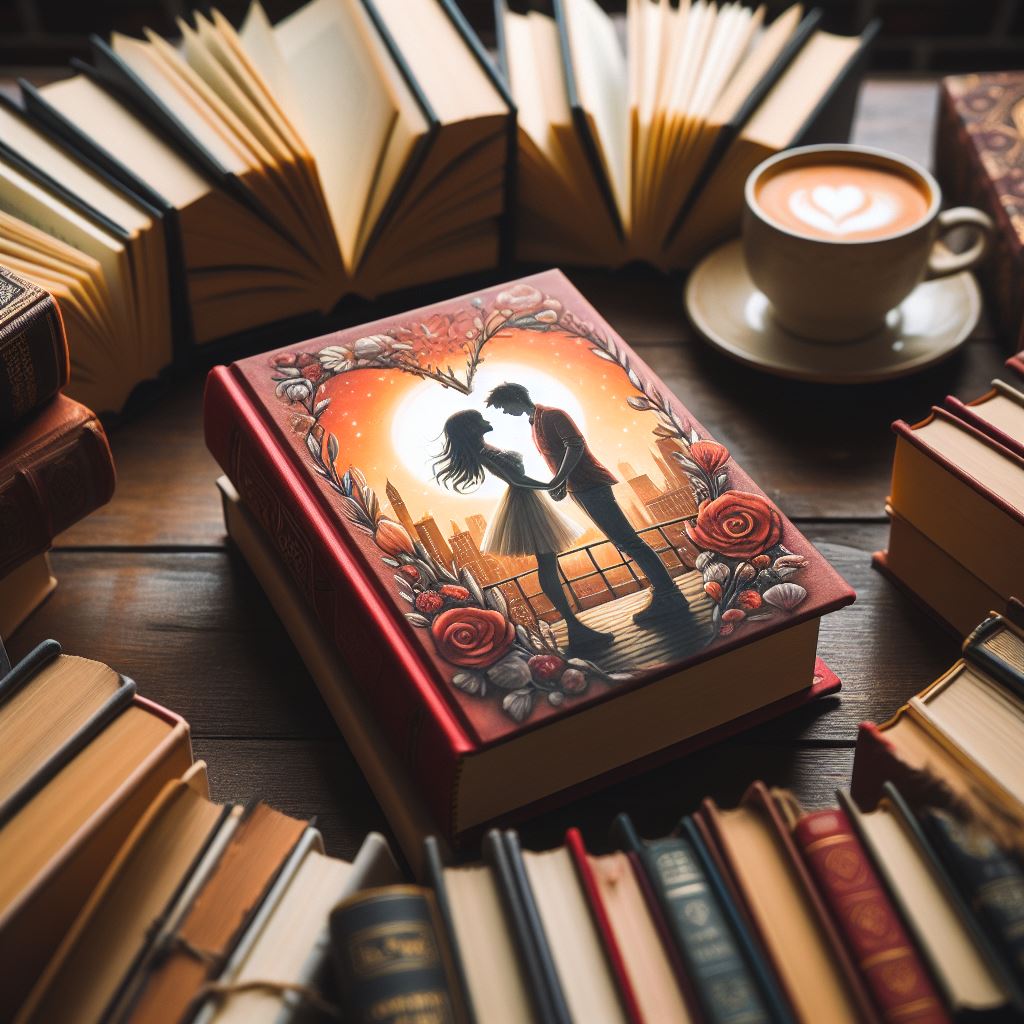
Feeling the Author’s Voice
The tone in literature pertains to the writer’s perspective towards their subject matter and the sentiments they aim to elicit in the reader. It’s like the overall feeling you get from reading a piece of writing, similar to how a person’s voice can sound happy, sad, angry, or sarcastic.
Here are some examples of tone in literature, using famous poets and authors:
Cheerful Tone (Robert Frost – “Stopping by Woods on a Snowy Evening”)
Lines: “Whose woods these are I think I know. / His house is in the village though; / He will not see me stopping here / To watch his woods fill up with snow.”
Feeling: Peaceful and calm, enjoying the winter scenery.
Eerie Tone (Edgar Allan Poe – “The Raven”)
Lines: “Once upon a midnight dreary, while I pondered, weak and weary, / Over many a quaint and curious volume of forgotten lore…”
Feeling: Suspenseful and dark, creating a sense of unease.
Humorous Tone (Mark Twain – “The Adventures of Huckleberry Finn”)
Lines: “You don’t have to tell me to keep mum – you just tell me what kind of mum it is. Dead mum, or alive mum?”
Feeling: Lighthearted and playful, using humor to tell a story.
Nostalgic Tone (Charles Dickens – “A Christmas Carol”)
Lines: “The Ghost of Christmas Past, long since deceased, was like a scrambling schoolboy; his brow knit, his coat flying, straps hanging loose about him…”
Feeling: Sentimental and reflective, longing for the past.
Formal Tone (Jane Austen – “Pride and Prejudice”)
Lines: “It is a truth universally acknowledged, that a single man in possession of a good fortune, must be in want of a wife.”
Feeling: Dignified and serious, using proper language and structure.
Informal Tone (J.D. Salinger – “The Catcher in the Rye”)
Lines: “What you really need is a good hot shower, and a good night’s sleep, and maybe a good hamburger.”
Feeling: Conversational and casual, using slang and everyday language.
Angry Tone (Jonathan Swift – “A Modest Proposal”)
Lines: “I have been assured by a very knowing American of my acquaintance in London, that a young healthy child well nursed, is from a year to two years old the most delicious, nourishing, and wholesome food, whether stewed, roasted, baked, or boiled…” (Note:This is satire, using an exaggerated tone to criticize social problems)
Feeling: Outraged and critical, using sarcasm to convey a strong message.
Sarcastic Tone (Oscar Wilde – “The Importance of Being Earnest”)
Lines: “To lose one parent may be regarded as a misfortune; to lose both looks like carelessness.”
Feeling: Ironic and mocking, using wit to poke fun at social norms.
Motivational Tone (Nelson Mandela – “Long Walk to Freedom”)
Lines: “No one is born hating another person because of the color of his skin, or his background, or his religion. People must learn to hate, and if they can learn to hate, they can be taught to love, for love comes more naturally to the human heart than its opposite.”
Feeling: Inspiring and hopeful, encouraging positive action.
Mysterious Tone (Gabriel Garcia Marquez – “One Hundred Years of Solitude”)
Lines: “Many years later, as he faced the firing squad, Colonel Aureliano Buendia was to remember that distant afternoon when his father took him to discover ice.”
Feeling: Enigmatic and suspenseful, leaving the reader wanting to know more.
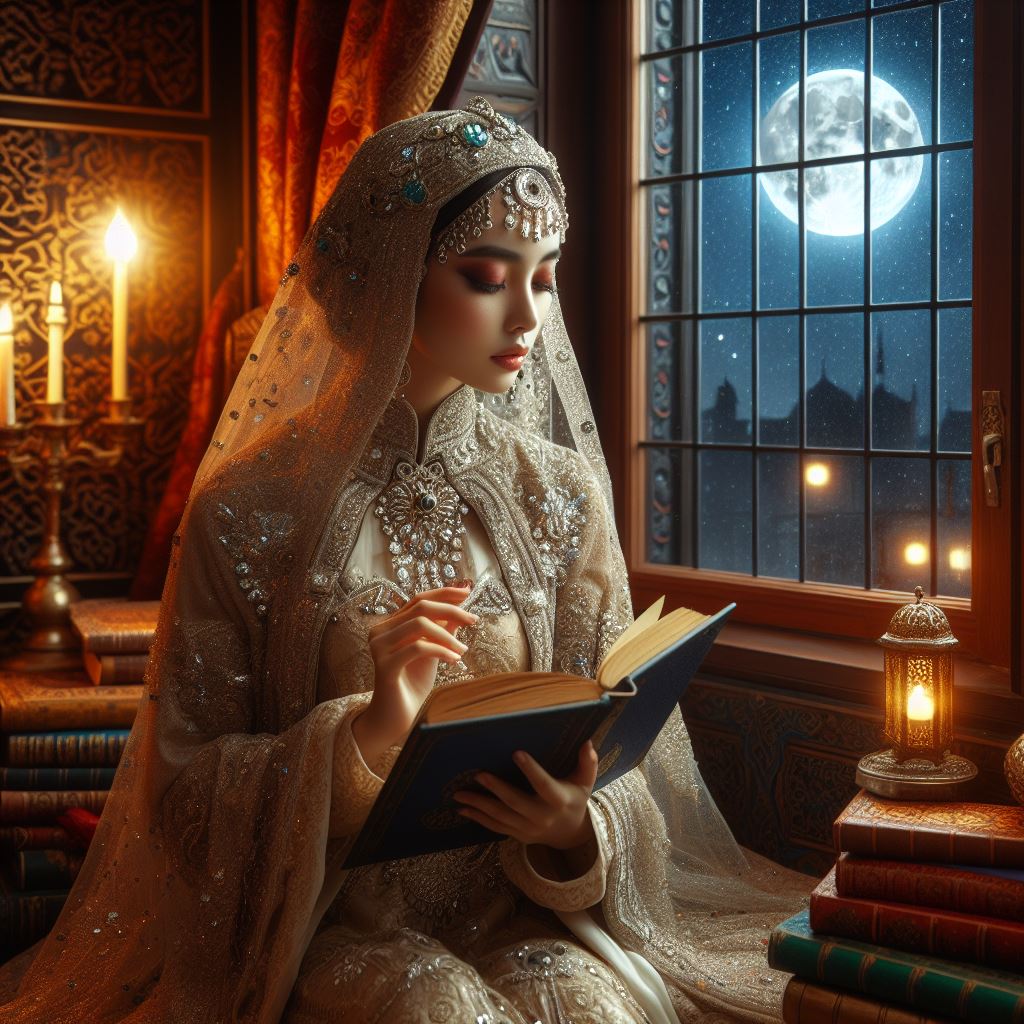
conclusion
Captivating the Reader’s Heart: Unveiling the Power of Tone
Words have an uncanny ability to transport us beyond the confines of reality, weaving narratives that resonate in the depths of our souls. But what breathes life into these stories, crafting a tapestry of emotions that lingers long after the last sentence? The answer lies in the subtle art of tone– the hidden voice that guides the reader’s experience, painting the emotional landscape of the narrative.
Throughout your literary journey, have you ever encountered a sentence so poignant it brought tears to your eyes, or a passage so suspenseful that your heart hammered in your chest? These are testaments to the power of tone, a literary device akin to a skilled conductor leading the orchestra of emotions.
Here are just a few ways to delve deeper into the captivating world of tone:
Become an active listener: Pay close attention to word choice, sentence structure, and even punctuation. Each element contributes to the overall tone, whispering clues about the author’s intent and the emotional tenor of the story.
Embrace the multifaceted nature of tone: Tone isn’t a singular entity; it’s a spectrum that can shift and evolve throughout the narrative. One moment, a story might be filled with the lighthearted lilt of humor, only to shift to the somber weight of despair in the next.
Unlock the hidden message: Recognizing the tone allows you to decipher the deeper meaning embedded within the words. It reveals the author’s perspective on the story’s events, their relationship with the characters, and the message they wish to convey.
Now, I invite you to embark on a journey of introspection:
How has understanding tone enriched your reading experience?
Can you recall a specific instance where a particular word or phrase evoked a strong emotional response?
Do you have any personal strategies or techniques for identifying and analyzing tone in literature?
By engaging with these questions and actively exploring the power of tone, you unlock a deeper understanding of the stories you encounter. You become not just a reader, but a co-creator, collaborating with the author to bring the narrative to life and experience the full spectrum of emotions woven into its fabric. So, the next time you delve into a book, take a moment to listen to the hidden voice of tone and witness the magic it unfolds within the pages.
